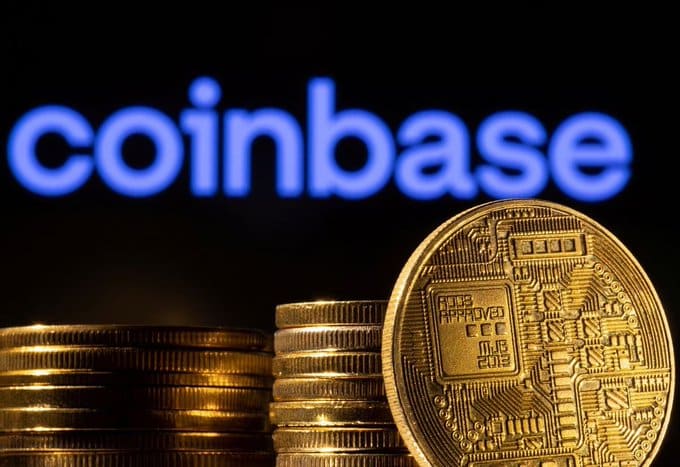
Former Coinbase Manager Bags Jail Term
- Ishan exploited corporate information while working at Coinbase and helped his brother make more than $1 million between 2021 and 2022.
- Ishan Wahi’s attorney urged the judge to consider his immigration status, arguing that his crime was a non-violent offense and he had no criminal history before his arrest.
- Ishan’s mother and other close relatives, as well as friends, attended the sentencing in person.
US District Judge Loretta Preska has sentenced a former product manager at Coinbase, Ishan Wahi, 32, to 24 months in prison for insider trading. Ishan was arrested and charged in 2022 for wire fraud and providing insider information to his brother Nikhil Wahi and their friend Sameer Ramani about upcoming digital asset listings at Coinbase Global. Reports claim that the group made over $1 million in profit trading on Ishan’s information between 2021 and 2022.

The case is one of the most high-profile crypto-related crimes and the second crypto insider trading case pursued by the Department of Justice (DOJ). Nikhil was charged with conspiring to commit wire fraud in September and entered a guilty plea. He was given a 10-month prison term in January. However, Ramani has not been located.
U.S. Attorney Damian Williams said in a statement,
Ishan Wahi, a former Coinbase product manager, violated the trust placed in him by his employer by tipping others with valuable confidential information regarding Coinbase’s planned token listings. Today’s sentence should send a strong signal to all participants in the cryptocurrency markets that the laws decidedly do apply to them. The Southern District of New York will hold those who engage in insider trading to full account, regardless of whether their illegal conduct occurs in the equity markets or in the market for crypto assets.
Ishan’s Case to Serve as an Example
Judge Preska ordered Ishan to turn himself in by June 21 to serve his term at the New Jersey-based Fort Dix Federal Correctional Institution. Ishan had requested a sentence that was not longer than his brother’s, pointing to prior instances of insider trading that ended in minimal or no prison time.
Ishan’s counsel urged the judge to consider his client’s immigration status and grant him a lesser sentence. He said, “I submit that there’s no need for this court to impose additional punishment. He has lost his job. He has lost his reputation. He has suffered an enormous amount of negative publicity both here in the United States and in India.”
Interestingly, prosecutors called for Ishan’s case to be used as an example to dissuade other crypto insiders from exploiting confidential information. Some prosecutors believed a jail term of three years or more would send a strong message to others.
“This was not a one-off mistake — this was over a ten-month period […] Having access to the kind of information that this defendant had access to was like being able to read the newspaper a day in advance,” prosecutors said.
Regardless of the type of asset involved, prosecutors have the right to file a fraud charge in cases where dishonesty was used to pursue financial benefit. This way, the US Justice Department has more flexibility than its civil counterpart, the US Securities and Exchange Commission (SEC), to pursue crypto-related crimes. The SEC is restricted to overseeing the securities markets but has been stretching its jurisdiction to the crypto industry by claiming that most tokens are unregistered securities.
The SEC also filed a charge against Ishan and Nikhil Wahi, arguing that their trades involved securities. However, court documents showed that the brothers reached an understanding with the regulator to resolve the claims.







